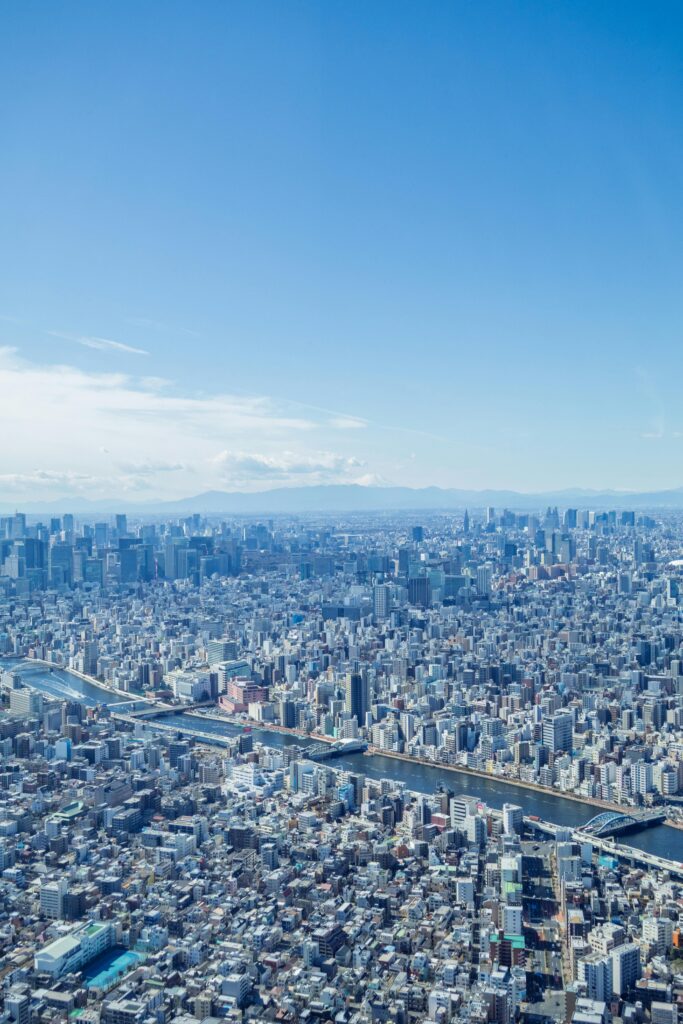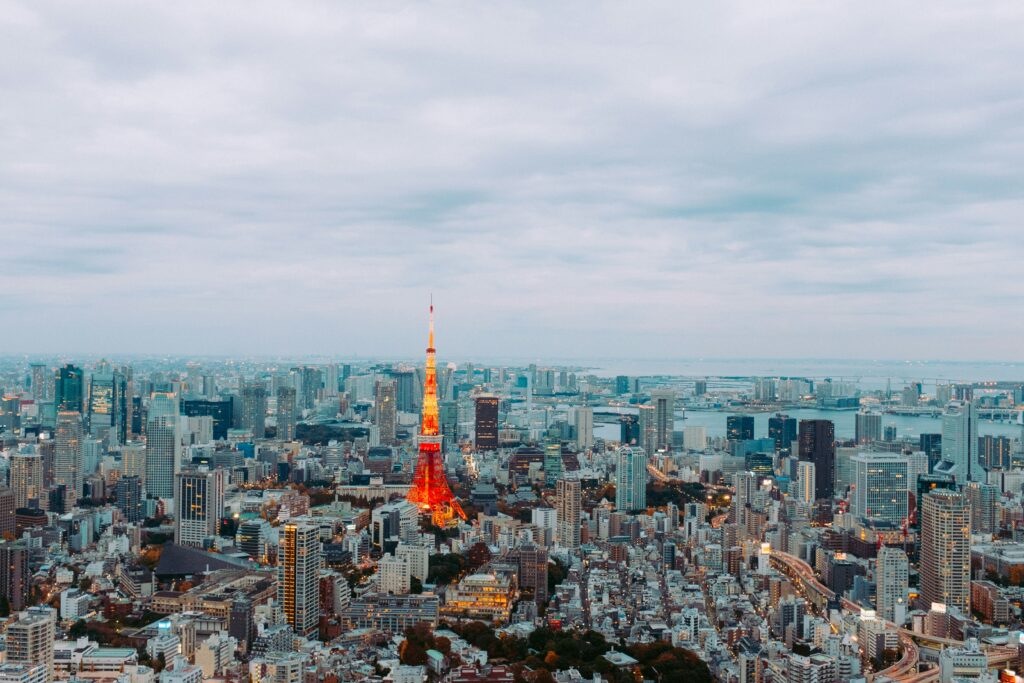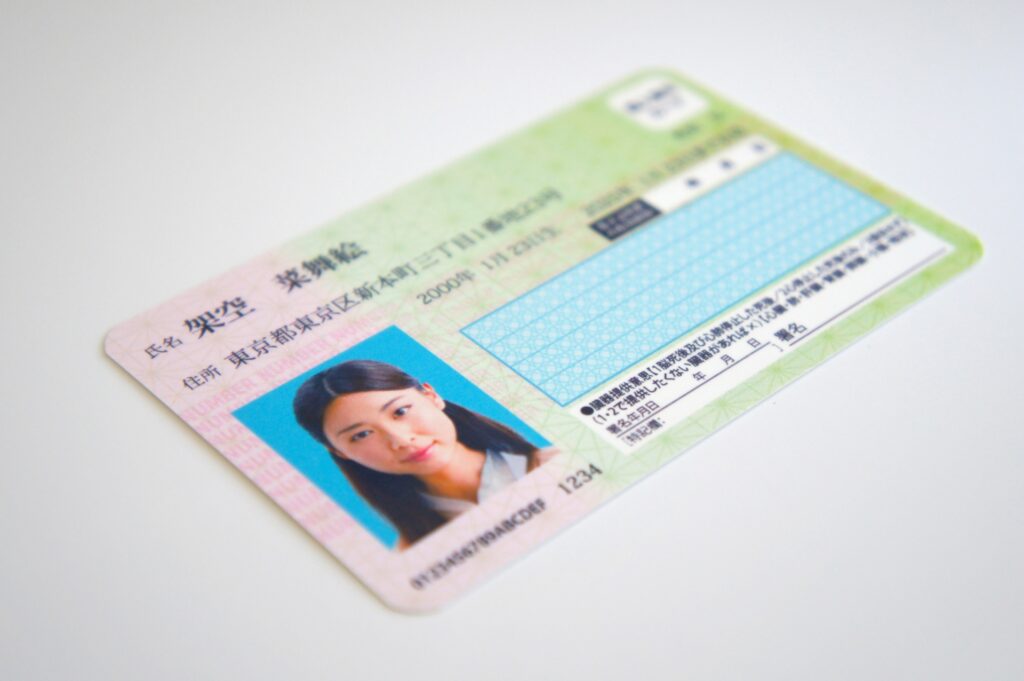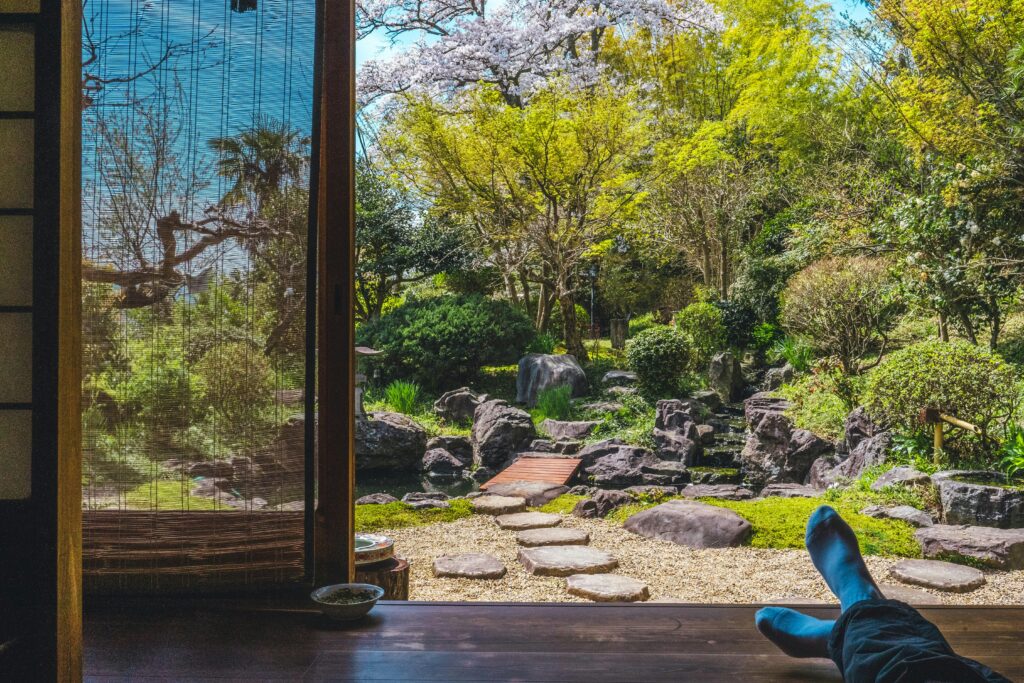One of the highlights of 2024 for me was securing permanent residency in Japan—definitely a milestone worth celebrating! It’s been a long journey, but finally achieving this status feels like a major step forward in my life here.


How permanent residency in Japan opens new doors
Last year, I officially transitioned from the Engineer/Specialist in Humanities/International Services work visa to permanent residency. This means I’m no longer restricted to jobs related to my previous visa; I can now work in any industry, pursue freelance opportunities, or even start my own business.
For many international residents in Japan, obtaining permanent residency is a game-changer. It eliminates the constant worry about visa restrictions on side jobs, removes the need to report job changes to immigration, and, most importantly, means no more stressful visa renewals. There’s also peace of mind knowing that even in the worst-case scenario—losing a job—my residency status remains intact.

Fast-tracking permanent residency through the Highly Skilled Professional Visa
Typically, obtaining permanent residency in Japan requires living in the country for at least ten years. However, to attract top talent from abroad, the Japanese government introduced the Highly Skilled Professional Visa, allowing eligible individuals to contribute more quickly and significantly to Japan’s economy through their expertise.
If you’re looking to build a life in Japan and have significant proficiency in areas like advanced academic research, technical skills, or business management, this visa could be your golden ticket. However, one key requirement to keep in mind is that you must secure a job offer in a relevant field in Japan to qualify. Be sure to check the latest guidelines from Japan’s immigration authorities to stay informed on current conditions and requirements.

Under this visa, applicants are assessed through a point-based system that considers factors such as academic background, professional experience, annual salary, research achievements, and Japanese language proficiency. For example, holding a Ph.D. can earn you 30 points, while an annual salary of 10 million yen or more can add another 40 points. Accumulating at least 70 points qualifies you for the visa, with higher scores leading to faster permanent residency eligibility.
- If you score at least 70 points, you can apply for permanent residency after three years.
- If you score 80 points or more, you can apply for permanent residency after one year.
With a score exceeding 80 points, I was able to apply for permanent residency after just one year. A key benefit of this visa is that you don’t need to switch to a Highly Skilled Professional Visa beforehand; if your score qualifies, you can apply while still on a standard work visa, making the process much simpler.


Documents to submit
The Immigration Service Agency provides a comprehensive list of required documents. Below is a summary of what I submitted under the 80-point Highly Skilled Professional category.
- Permanent residency application form – In this form, I explained why I intend to stay in Japan long-term and made sure to highlight that I met the 80-point threshold.
- Points calculation sheet and supporting documents – I submitted two versions of the points calculation sheet: one from the application time and one from the previous year, both showing at least 80 points. I also included supporting documents such as academic certificates, proof of Japanese language proficiency, and employment records.
- Residence certificate – Obtained from my local city office.
- Employment certificate – Issued by my company.
- Income and tax documents – When applying under the 80-point system, I submitted tax records for the past two years to be on the safe side. These included:
- Resident tax payment certificates
- Taxation certificates
- National tax payment proofs
- Special tax withholding notifications
- Tax return copies
- Pension and health insurance payment records – If you have a My Number Card, you can download your pension payment history from the “Nenkin Net” system. I also needed to provide a copy of my health insurance card.
- Guarantor’s documents – It was required for a Japanese national or permanent resident to act as my guarantor, signing a guarantee form and providing a copy of their ID (e.g., driver’s license).


The challenge of gathering documents
While the required documents are fairly standard, the real challenge lies in gathering them all, especially if you’ve moved cities. Since Japan’s local government offices don’t share data, you’ll need to visit each relevant city office in person to obtain past records. However, if you have a My Number Card, some documents can be easily printed at convenience stores or applied for online.

The waiting game: Longer processing times
Since the pandemic, applications for permanent residency have surged, significantly slowing down the process in Tokyo. I submitted my application to the Tokyo Regional Immigration Services Bureau in 2023, but didn’t receive approval until a year and two months later, an agonizingly long wait.
In contrast, friends who applied during the pandemic received their approvals in just three months. From what I’ve heard, the processing time in Tokyo is only getting longer in 2025, now stretching to around a year and a half.

One of the biggest perks of permanent residency in Japan (in my opinion)
When I told my colleagues I had received permanent residency, the first question they asked was, “So, are you staying in Japan forever?” Honestly, I haven’t thought that far ahead. For me, getting permanent residency is more about convenience than making a lifetime commitment to Japan.
One of the biggest immediate perks? Easier access to housing loans. Some banks won’t even consider offering mortgages to non-permanent residents, while others impose strict conditions, such as requiring a much larger down payment and offering less favorable interest rates. Japanese citizens and permanent residents typically enjoy low mortgage rates (0.3%–0.4%), while non-permanent residents often struggle to secure similar terms or full loan amounts.

Should you hire an immigration lawyer?
Deciding whether to hire an immigration lawyer depends on two factors: your Japanese language ability and your comfort level (or willingness) to manage the process yourself.
1. Document preparation – If you’re unsure about the required documents, you may need to contact the Immigration Bureau for clarification, which will require some proficiency in Japanese.
2. Handling additional document requests – If the Immigration Bureau finds your documents insufficient, they will request additional materials. However, their requests aren’t always accurate. For example, a year after submitting my application, I received a request for three years’ worth of tax records. Since I applied under the 80-point Highly Skilled Professional Visa, I knew this wasn’t necessary. I called the Immigration Bureau multiple times to clarify, and after several discussions, they confirmed that I didn’t need to submit the extra documents. If you’re not confident in navigating such back-and-forth communication, hiring an immigration lawyer could be a wise choice.

Final thoughts
If you’re considering applying for permanent residency, I hope my experience has given you some useful insights into the process. While it requires a whole lot of patience and preparation, the benefits make it well worth the effort.
Good luck to everyone planning to take this step. I hope you receive your approval soon!
